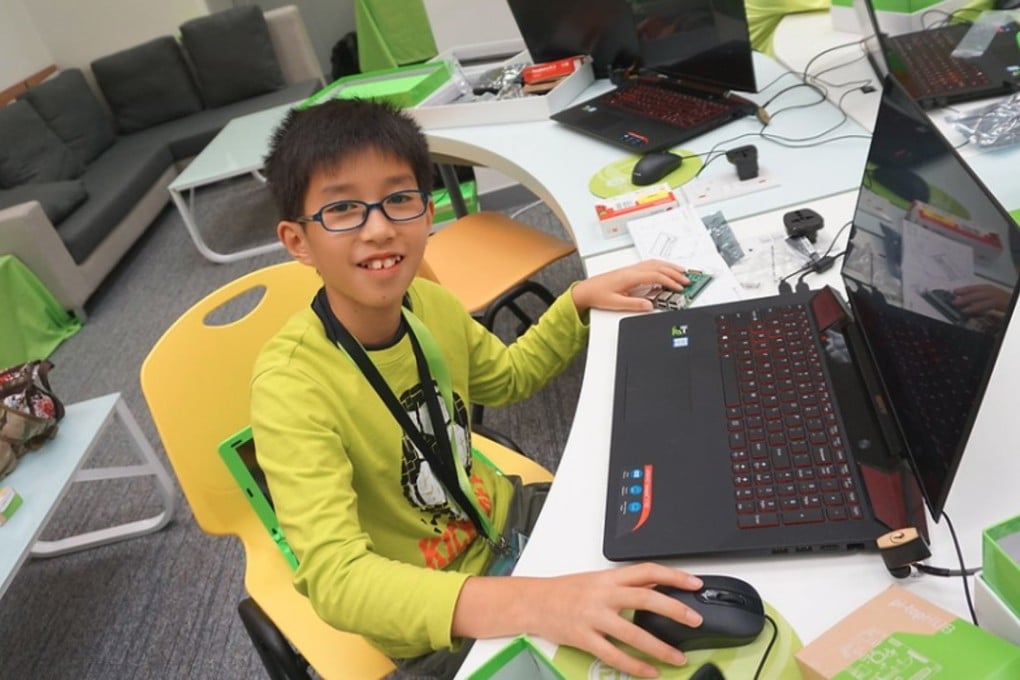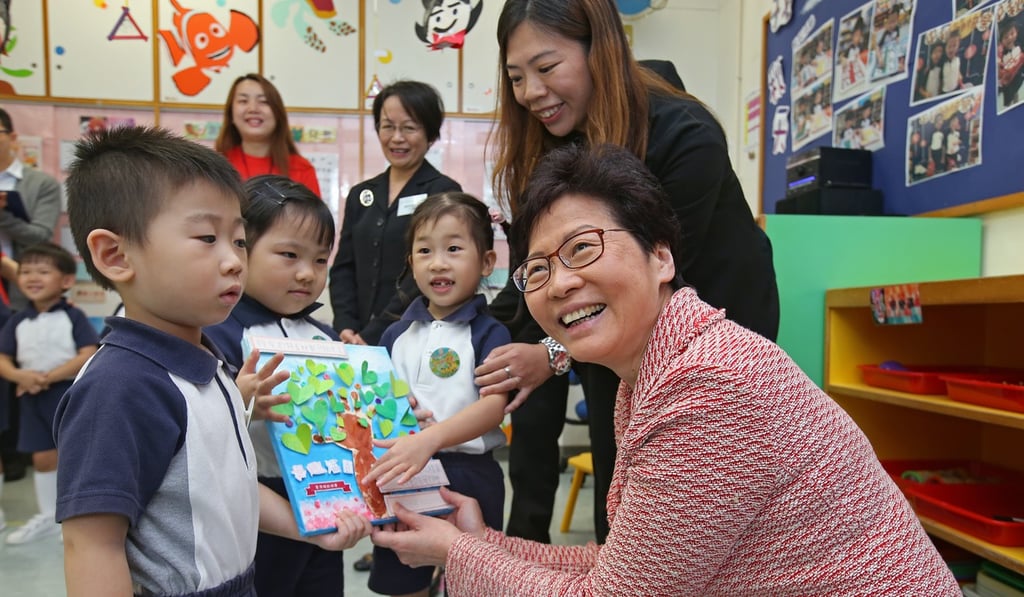Advertisement
Technology will change society, and we need to change our schools
Kerry Kennedy says the Hong Kong government’s education reforms have not addressed the right problems, focusing on Chinese history and the influence of ‘liberal studies’ when they should think about training students for the technology of the future
Reading Time:3 minutes
Why you can trust SCMP

The effects of the fourth industrial revolution are all around us – robots, artificial intelligence, virtual reality, the internet of things, driverless cars, drones, etc. These and more are already changing the way people live and work. The digital revolution is behind us and we now see how technologies are fused to create new lifestyle technologies, business processes, approaches to logistics management and labour market realities that rely less on low-level skills and more on high-end skills, and less on people and more on automation.
Advertisement
There is also a downside. Recently we saw how social media such as Facebook can be corrupted by unscrupulous people using data without permission and for purposes never intended.
The late Stephen Hawking was pessimistic about all this, recognising that society needed to move forward but fearing that technology would continue to create inequalities. How are schools preparing students for these new realities?
Hong Kong’s current school curriculum was framed for basic education in 2001 and for senior secondary in 2009. These represented significant breaks from the past. Real attempts were made to cater for significant social and economic changes as the system broke away from its English origins to forge a distinct system for young Hongkongers in the 21st century.

How will the extra HK$2 billion for recurrent spending on education help Hong Kong students?
Yet time has moved on while the education system remains static. New challenges have emerged in the light of the fourth industrial revolution but little seems to have happened to enable schools to meet these challenges.

Advertisement